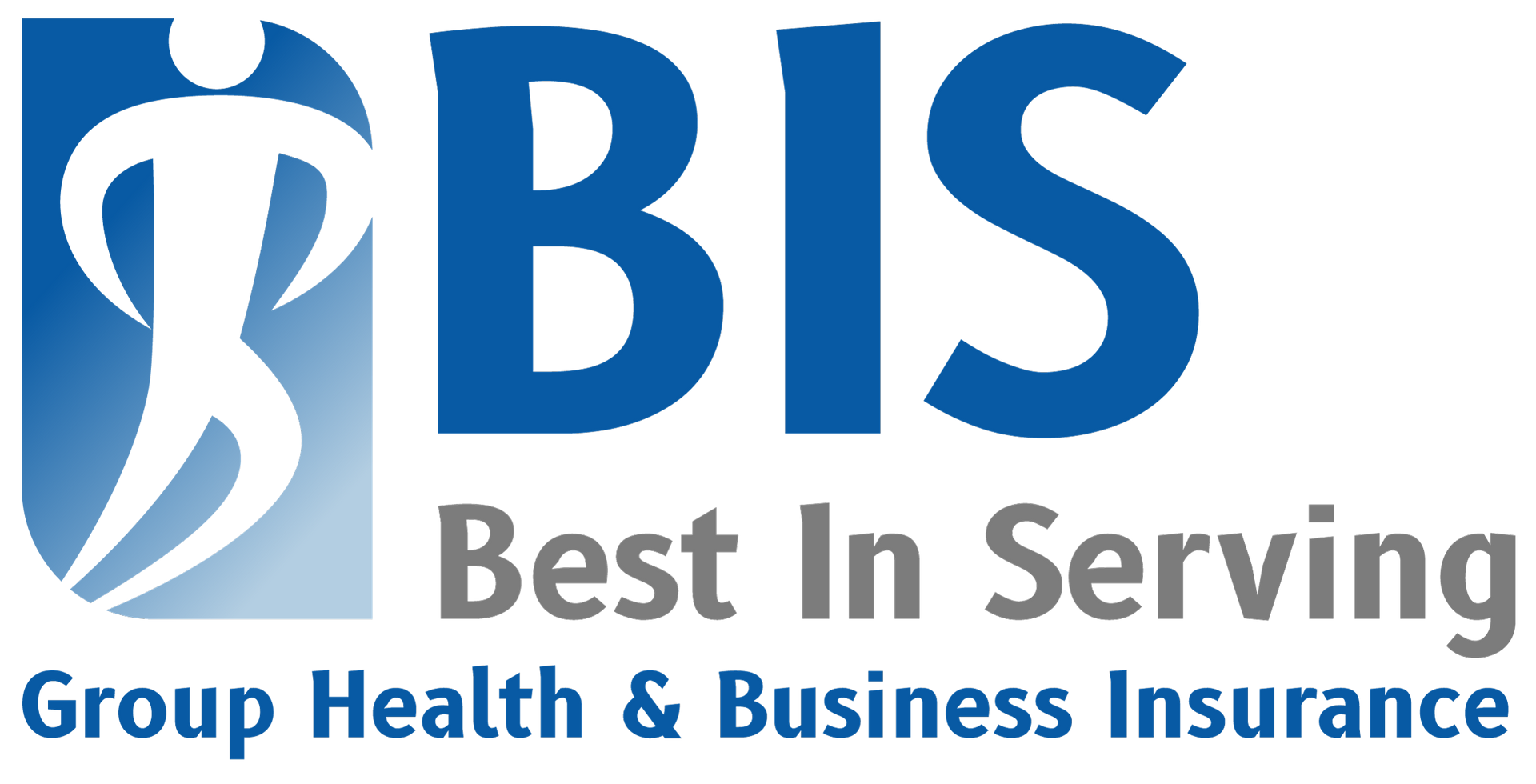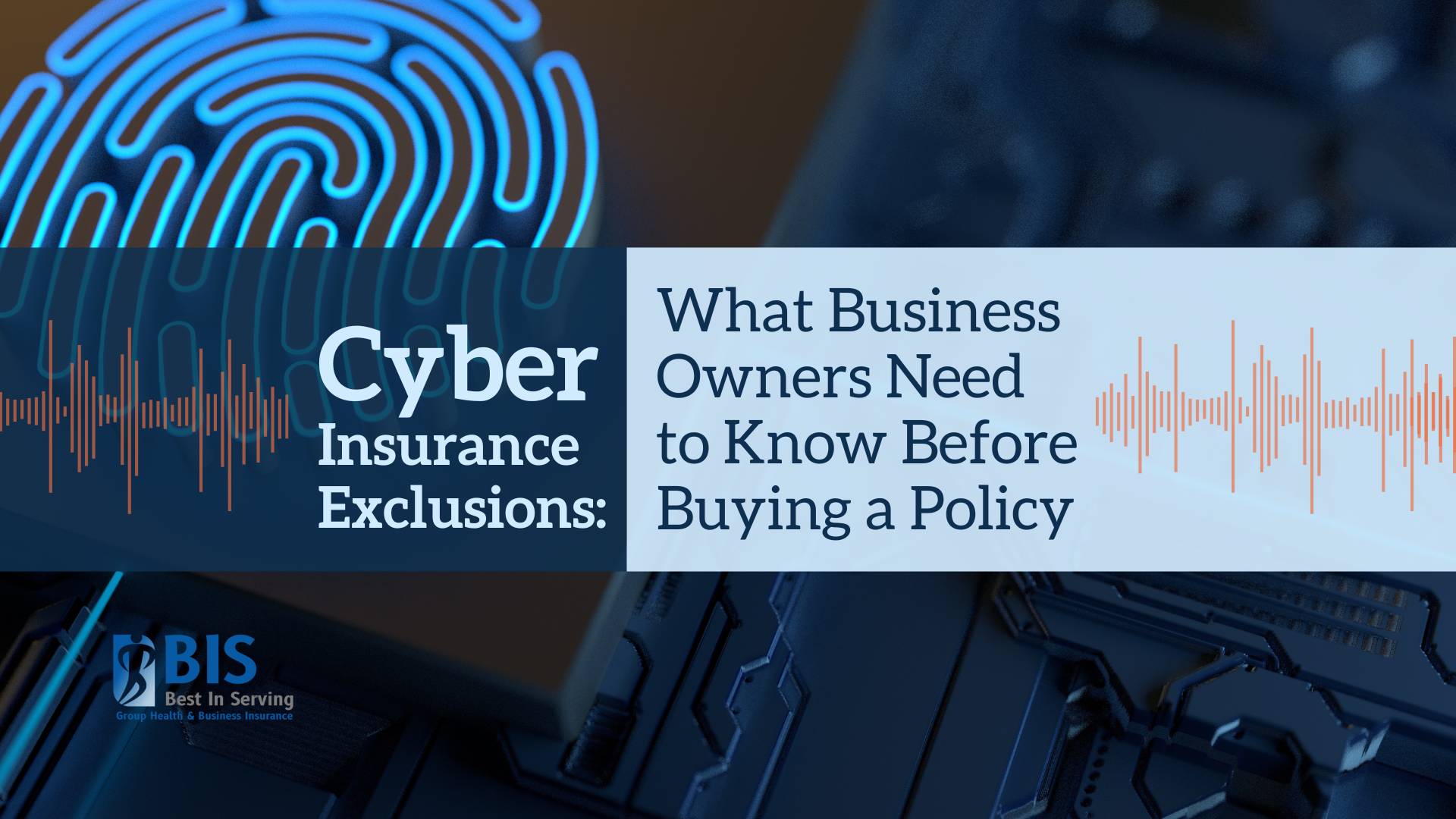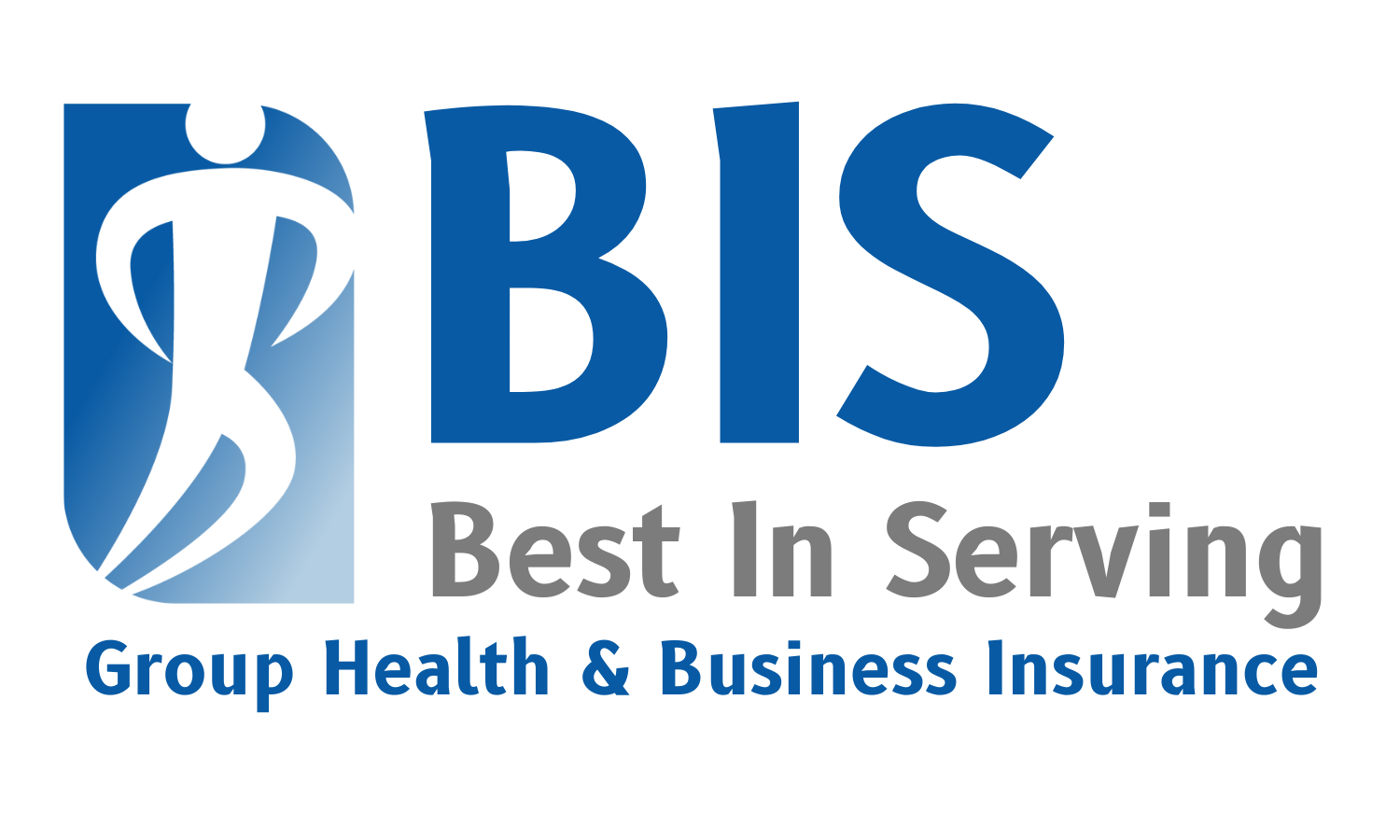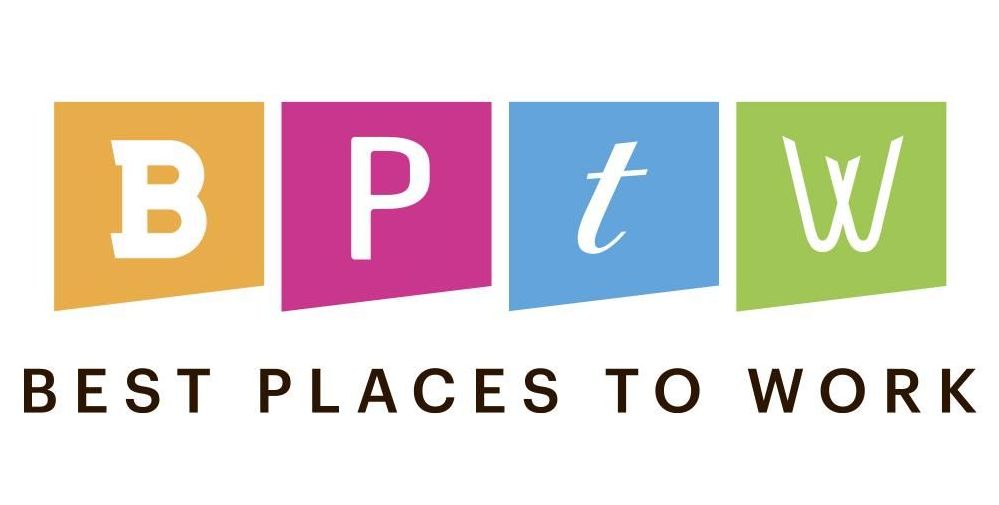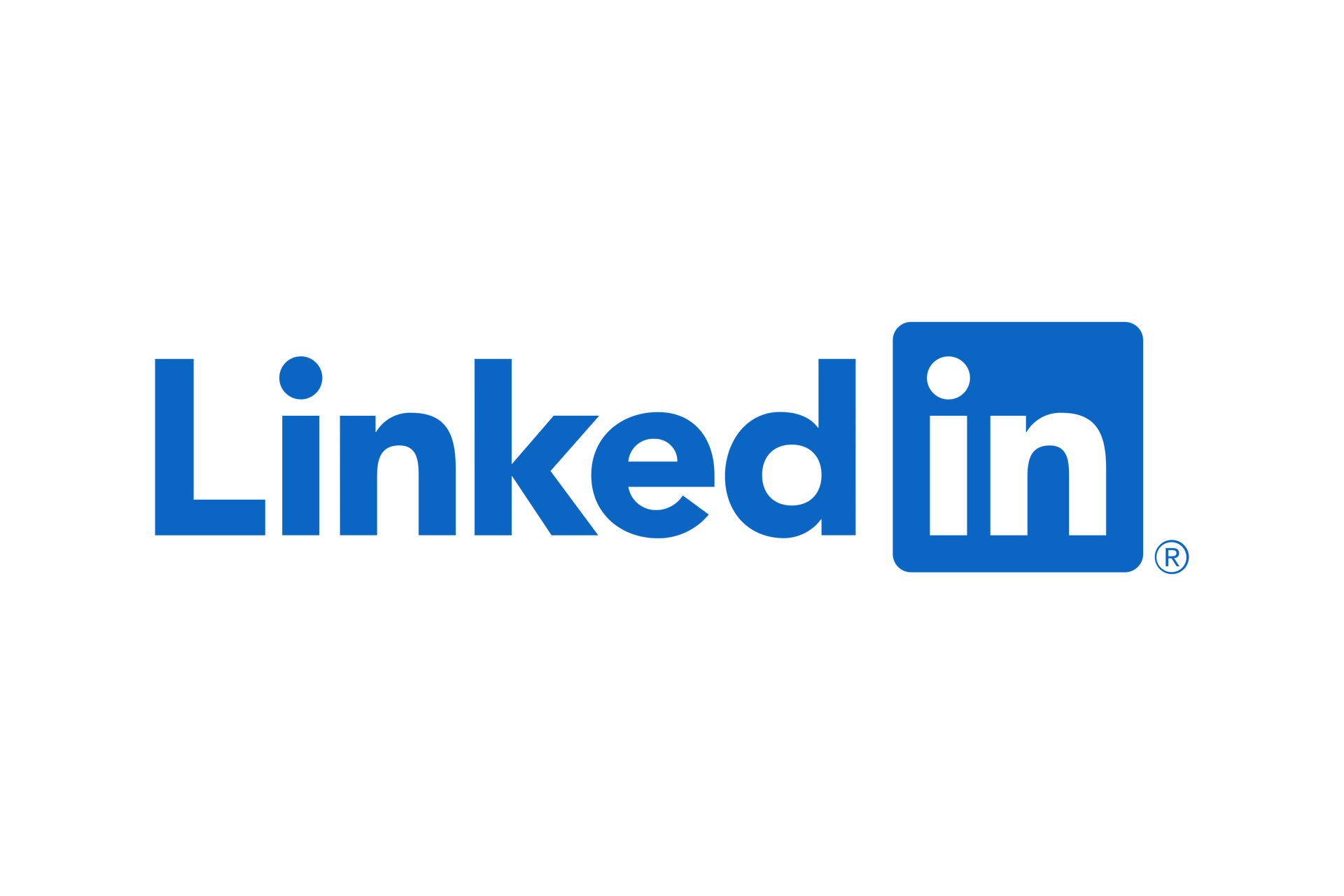Get in touch
+44 1632 96099
mymail@mailservice.com
Why Are Health Insurance Rates So High? Employer Strategies to Lower Costs in Georgia
Why Are Health Insurance Rates So High? Employer Strategies to Lower Costs in Georgia
Health insurance costs continue to be a significant challenge for small and medium-sized businesses across Georgia. If you’re an employer, you may find yourself asking: Why are health insurance rates so high? The answer isn’t simple, but it revolves around several factors, including the tension between employer contributions and employee expectations. Let’s break it down.
The Reality of Employer-Sponsored Health Insurance Costs in Georgia
For businesses providing employer-sponsored health insurance, understanding the numbers is crucial. The average annual cost for single coverage is $6,192, while family coverage averages $15,300. However, this figure doesn’t tell the full story.
- The employer’s contribution to single coverage averages $580 per month.
- For family coverage, employers typically contribute $707 per month, while employees cover the remainder.
- Employees pay an average of $138 per month for single coverage and $459 per month for family coverage.
These numbers indicate a baseline expectation for businesses competing for talent. If your employees are paying significantly more than this, they may feel they’re experiencing a pay cut—even if you’re providing annual raises. Offering a competitive group health insurance plan in Georgia is crucial in today’s job market.
Factors Driving High Health Insurance Costs
Several factors contribute to rising premiums, making it increasingly difficult for businesses to keep up. Here are some key reasons:
1. Medical Inflation & Rising Healthcare Costs
The cost of healthcare services, prescription drugs, and hospital visits has been increasing steadily. As a result, insurance companies raise premiums to cover these growing expenses.
2. Plan Design & Deductibles
A low-deductible plan (e.g., $500 per year) will have significantly higher premiums than a plan with a $2,300 deductible—which is a common benchmark. The average deductible for high-deductible health plans (HDHPs) in the South Atlantic region is $3,810 for single coverage and $6,799 for family coverage.
3. Group Health Risk & Adverse Selection
If your company has had employees with serious medical conditions or higher-than-average claims, your insurance rates will likely be impacted. Additionally, if only those who expect to need medical care enroll while healthier employees opt out, this can cause adverse selection, leading to even higher premiums.
How Georgia Employers Can Manage Rising Health Insurance Rates
As a business leader, you need to weigh affordability for your company against competitiveness in the job market. Here are a few strategies to consider:
1. Ensure Your Contribution Remains Competitive
Employers must ask themselves: Am I offering a plan where employees are paying $138 or less per month for single coverage? If your employees are contributing significantly more, they may start seeking opportunities elsewhere. Benchmarking your offerings against group health insurance plans in Georgia can help ensure you stay competitive.
2. Offer Cost-Saving Plan Designs
A well-structured benefits package should balance premiums, deductibles, and employee contributions. Many businesses find success by offering high-deductible health plans (HDHPs) paired with health savings accounts (HSAs), which provide tax advantages and lower premium costs. Around 35% of employers in the South Atlantic region offer HDHPs, making them a viable cost-saving option.
3. Explore Alternative Funding Models
Traditional fully insured plans may not be the most cost-effective solution for every business. 55% of employers in the South Atlantic region use fully insured plans, while 39% use level-funded models, and 6% are self-funded. Exploring level-funded or self-funded plans can provide savings based on your company's specific health risk profile.
Partnering with a Benefits Broker to Reduce Costs
A knowledgeable employee benefits broker plays a crucial role in controlling health insurance costs. They don’t just provide quotes—they help you navigate plan options, find cost-saving opportunities, and ensure that your company remains competitive in the hiring market. If you’re considering switching brokers, our comprehensive guide on changing insurance brokers can help you understand what to look for in a partner.
Get Expert Guidance for Your Business
Navigating the complexities of health insurance can be overwhelming. If you’re a small business in Georgia looking for expert advice, BIS Benefits is here to help. Whether you’re based in Johns Creek, Decatur, or any other city in Georgia, our team can provide insights and solutions tailored to your needs.
To ensure your company is offering the best possible benefits while maintaining affordability, explore our health insurance solutions for Georgia businesses or contact us today!
